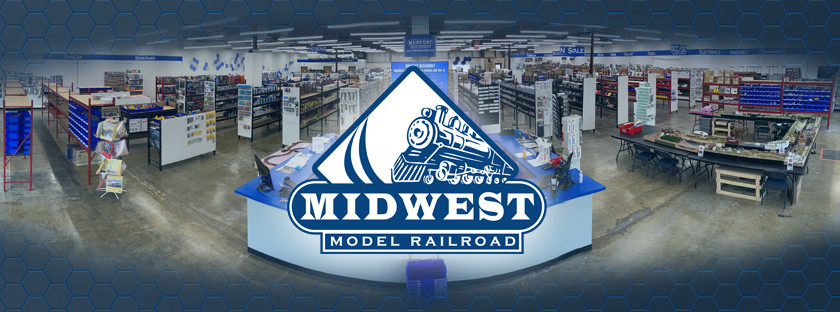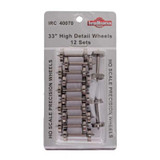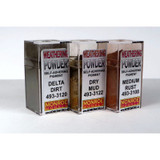Building Careers on the Rails: Job Skills Fostered by Model Railroading
Model railroading, as a hobby, can provide you with a range of skills that can be valuable in various job settings. In addition to providing the products needed Midwest Model Railroad also offers hands on operating sessions, clinics, and events to help you develop and master these skills. Here are some job skills you can learn from model railroading:
- Planning and Organization: Model railroading involves designing and planning layouts, tracks, and scenery. It requires organizational skills to manage resources, schedule tasks, and ensure a smooth operation. These skills can be applicable to project management roles.
- Problem-Solving: Model railroading often presents challenges such as track alignment, electrical issues, or scenery construction. By troubleshooting and finding creative solutions, you can develop problem-solving skills, which are highly valued in many professions.
- Attention to Detail: Model railroading demands precision and attention to detail, from building structures to painting miniature figures. Developing a keen eye for detail can be useful in fields like quality control, design, or any role that requires accuracy.
- Manual Dexterity: Working with small-scale models involves delicate handling, intricate wiring, and precise assembly. These tasks enhance manual dexterity and fine motor skills, which can be valuable in professions like surgery, engineering, or craftsmanship.
- Electrical and Mechanical Knowledge: Model railroading often involves understanding electrical circuits, soldering, and basic mechanical principles. This knowledge can be advantageous in fields such as engineering, electronics, or maintenance.
- Creativity and Design: Model railroading encourages creativity when designing layouts, scenery, and structures. The ability to think creatively and visually can be valuable in fields like architecture, graphic design, or marketing.
- Research and Historical Knowledge: Model railroaders often delve into historical research to accurately represent specific time periods or regions. Developing research skills and gaining historical knowledge can be beneficial for careers in academia, writing, or historical preservation.
- Communication and Collaboration: Participating in model railroading clubs or communities allows you to interact with fellow enthusiasts. This fosters communication and collaboration skills, which are valuable in teamwork-oriented professions or customer service roles.
- Patience and Perseverance: Model railroading is a meticulous hobby that requires patience and perseverance to overcome challenges and achieve desired outcomes. These attributes are valuable in many job settings that involve complex problem-solving or long-term projects.
- Marketing and Sales: If you choose to showcase your model railroad layouts or sell related products, you can develop skills in marketing, advertising, and salesmanship.
Remember that while model railroading can provide a foundation for these skills, they may still need to be further developed or applied to specific job requirements. It's essential to identify how these skills align with your career goals and find ways to leverage them effectively.
Recent Posts
-
Metal vs Plastic Wheelsets: Pros, Cons, and How to Choose the Right Upgrade for Your Model Railroad
Metal vs Plastic Wheelsets: Pros, Cons, and How to Choose the Right Upgrade for Your Model Railroad
-
Weathering Rolling Stock for Realism: Practical Model Train Weathering Techniques That Look Like the Prototype
Weathering Rolling Stock for Realism: Practical Model Train Weathering Techniques That Look Like the
-
Understanding Model Train Wheel Sizes: Why They Matter More Than You Think
When people first get into model railroading, wheel size is rarely top of mind. Track plans




